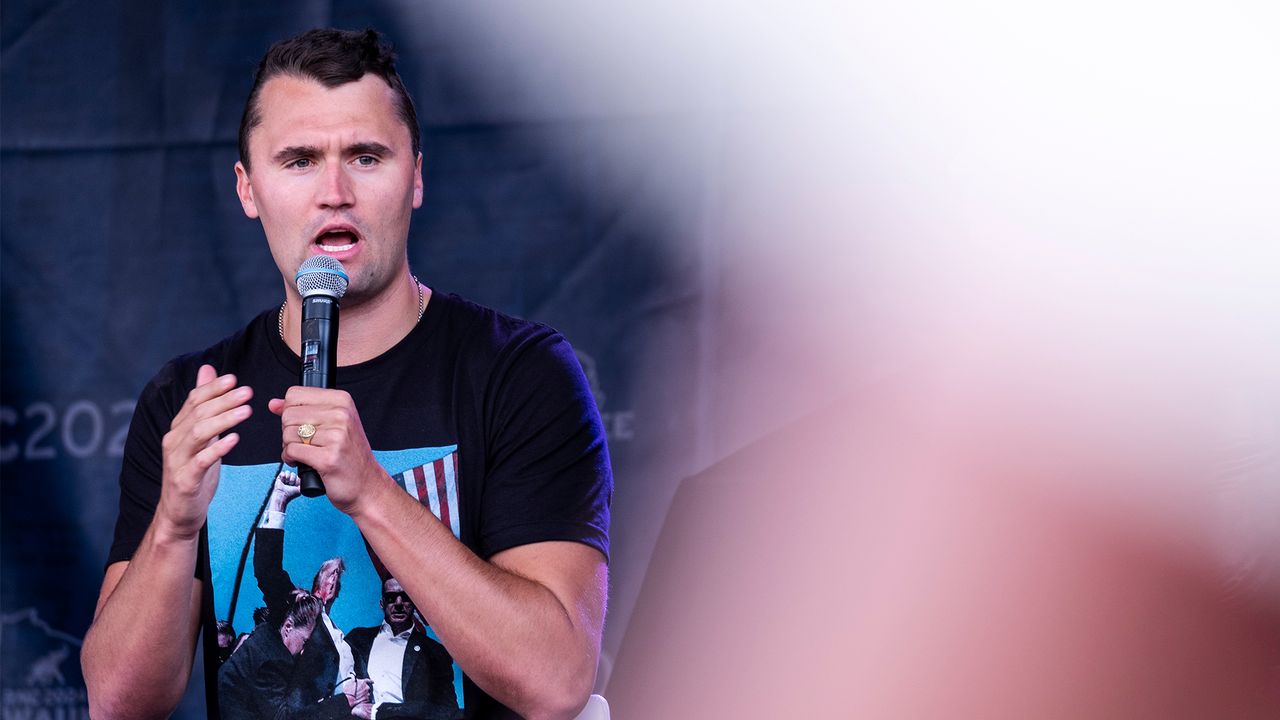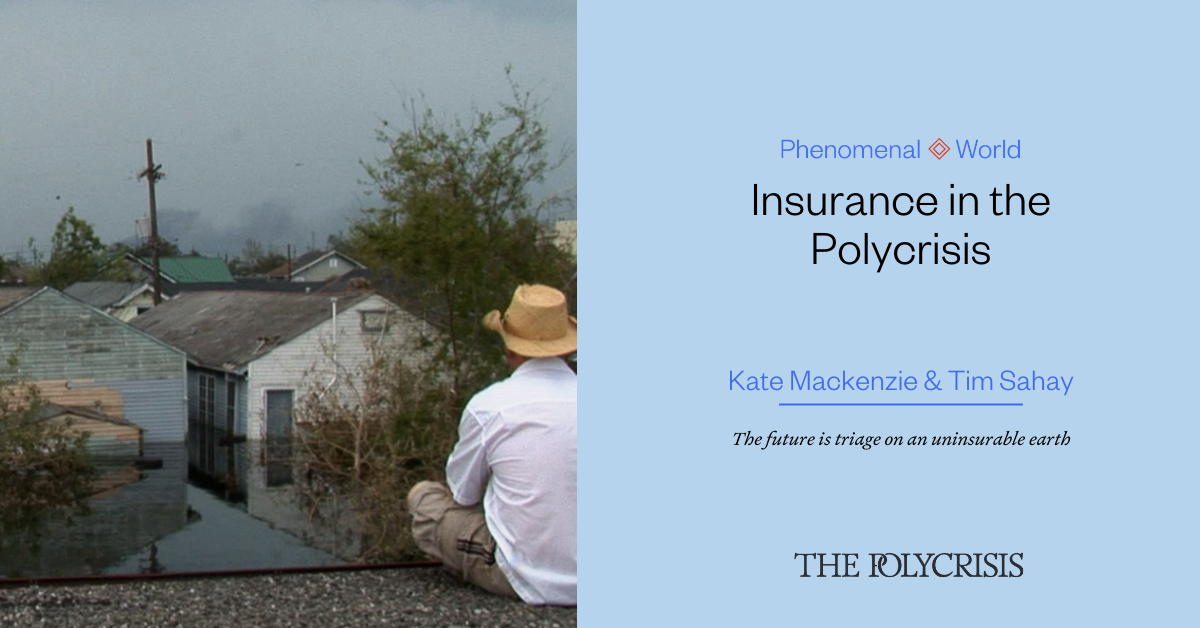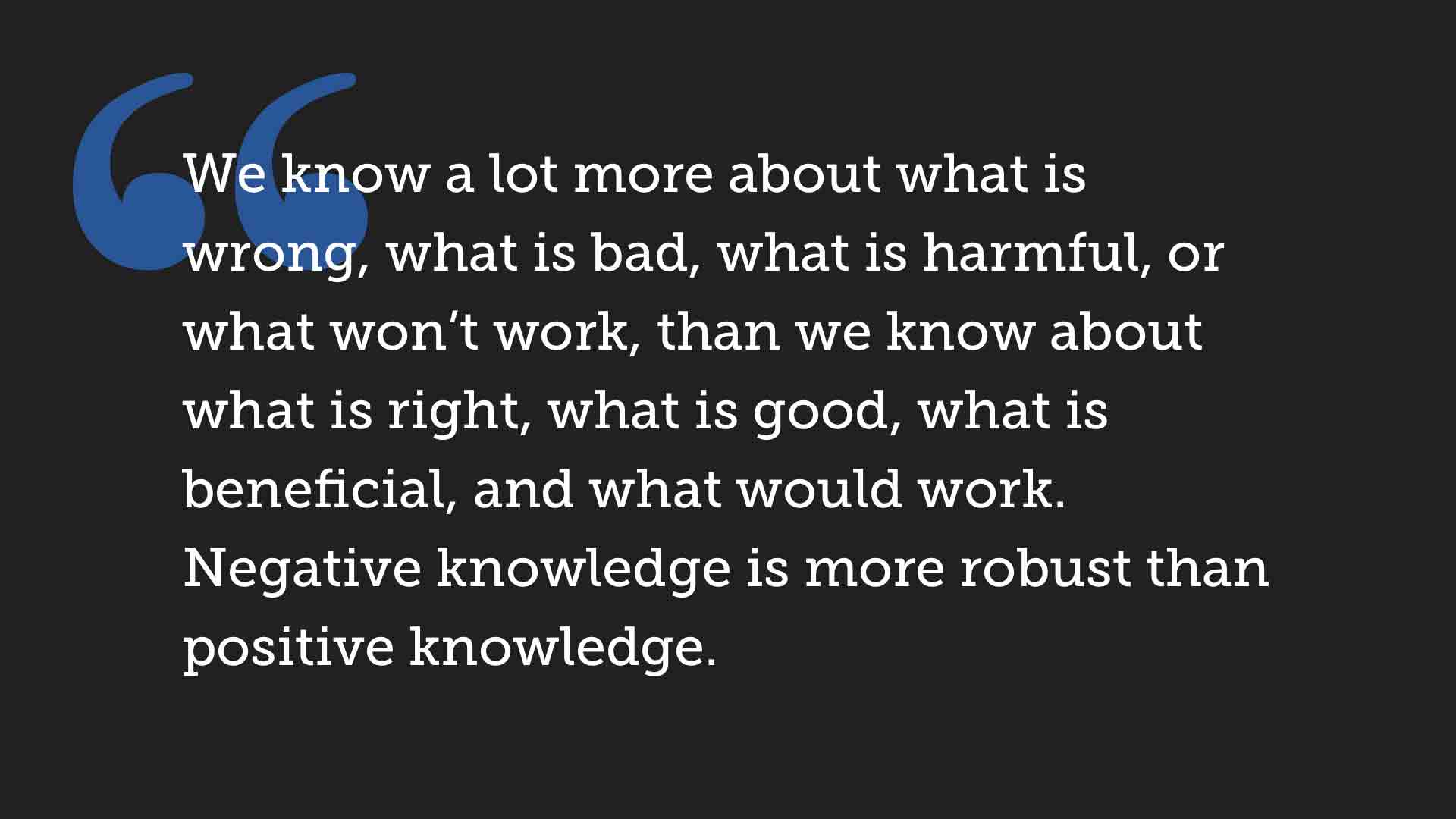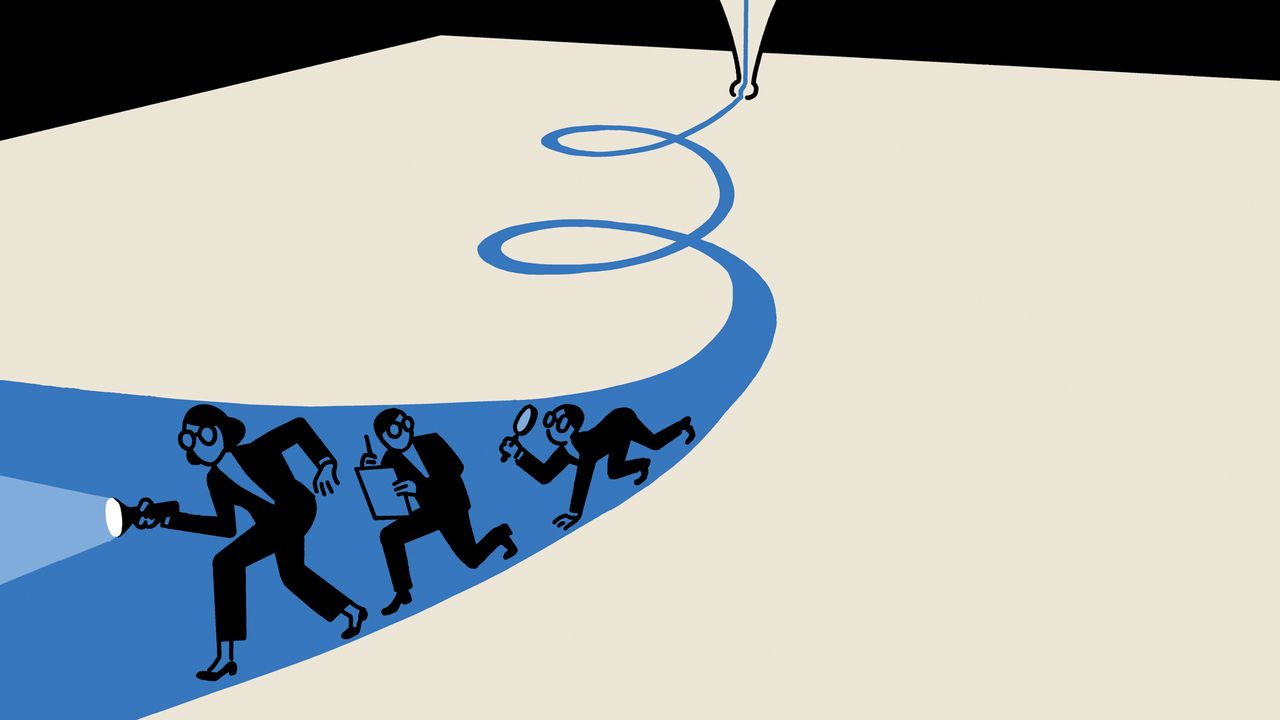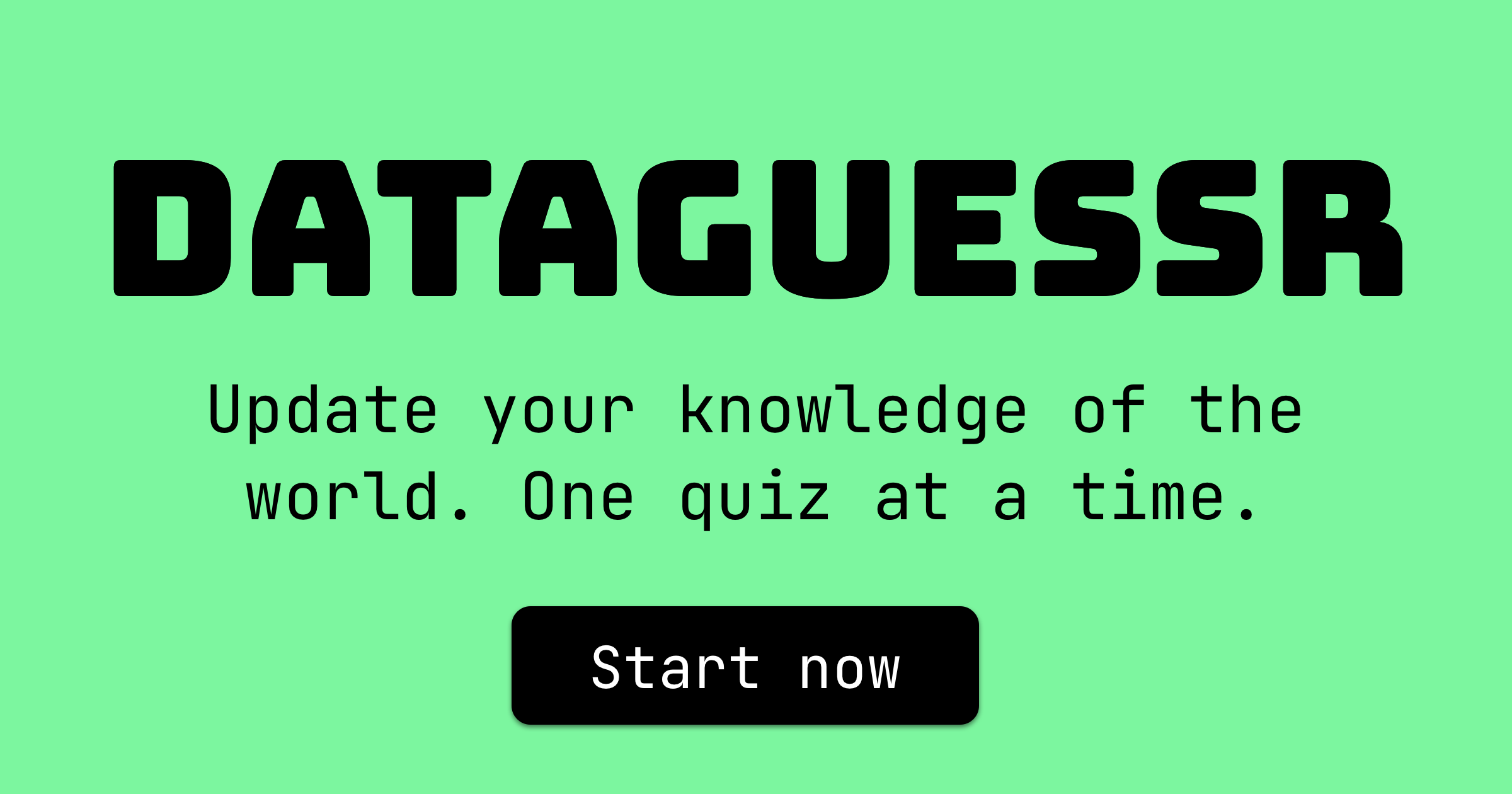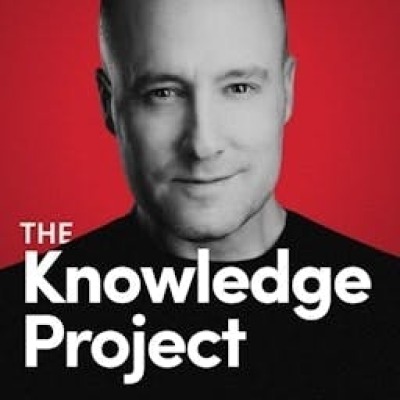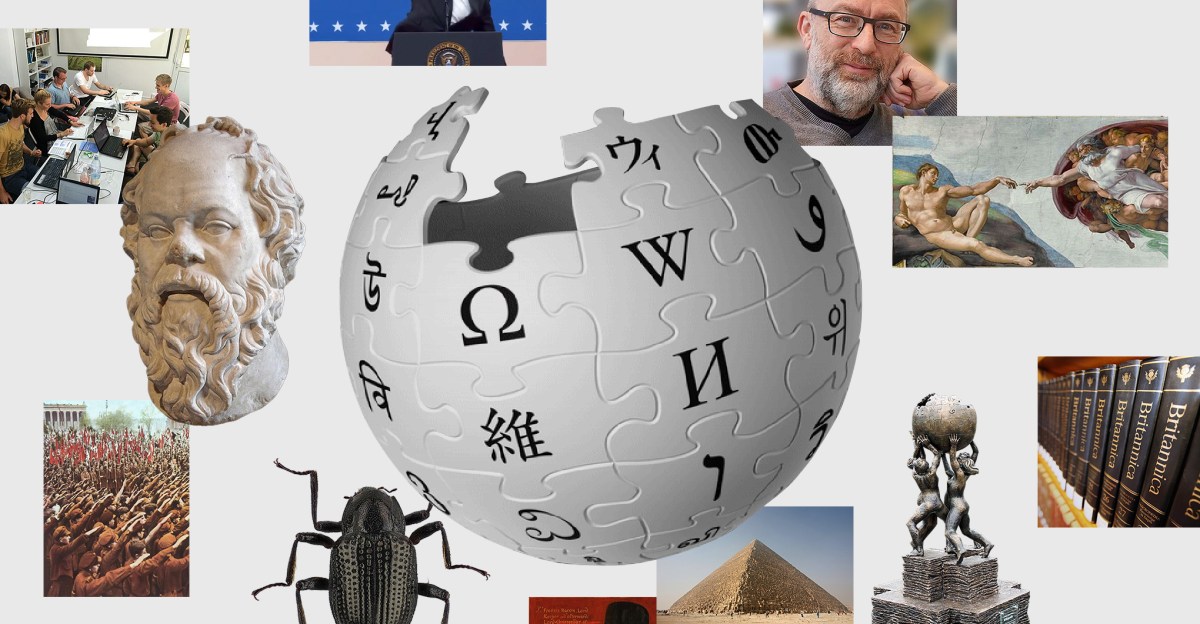Charlie Kirk, Redeemed: A Political Class Finds Its Lost Cause
I didn’t write about Charlie Kirk last week, because it was so recent, everyone was jumping to conclusions and nothing seemed worth recommending here. I’m still hesitant, but I wanted to share some thoughts that have started to form, and a piece by Ta-Nehisi Coates that gets to the heart of why this moment is so dangerous. In the immediate aftermath, it felt like more violence was bound to follow, with the far right and their president blaming the left and calling for retribution. Now that the motive and the background of the shooter look less conclusive, something else seems to be happening – less violent, but no less dangerous. Kirk gets sanitised by the centre-left, turned into a martyr by the right and this death, ironically, gets weaponised against free speech. Maybe best captured by a satirical post by journalist Judd Legum: «Charlie Kirk was a champion of free speech and anyone who says otherwise will be fired.» Ta-Nehisi Coates stresses that one cannot praise Kirk for how he engaged in debate without calling out what he said. «If you would look away from the words of Charlie Kirk, from what else would you look away?»


